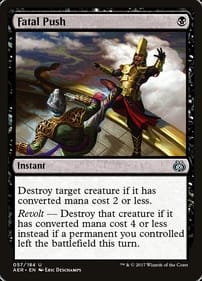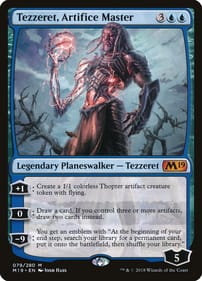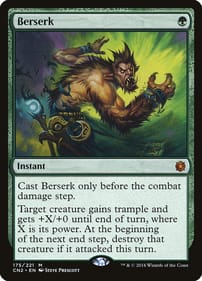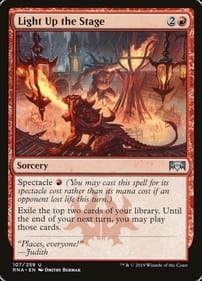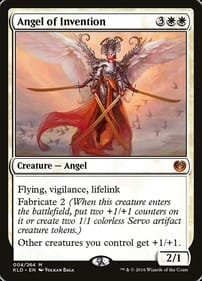Go Ahead, Buy Only the Greatest Hits
By Dan Brown Greatest-hits albums have a bad reputation. But sometimes all you need or want from a singer or band is their greatest hits. And I’m here to tell you that’s OK. You may remember the Kids in the Hall sketch in which Bruce McCulloch (as a record-store employee who is just a bit too devoted to the Doors) derides best-of collections as being for a lesser form of music fan. “Greatest-hits albums are for housewives and little girls!” he tells a startled Kevin McDonald. (By albums, I mean all formats of music, whether it’s vinyl, cassette, CD, download or stream. I’m sure McCulloch’s character would hate them all.) The knock on them from “serious” music fans is that they’re a money grab with no artistic credibility. They take little effort to produce and are almost pure gravy for the artist. It’s kind of like a university student recycling an old paper by submitting it to two different professors. By now, they are a rock-and-roll cliche. I don’t know who the first musician was to ever say, “Hey, let’s re-package some of our old numbers and see if we can sell fans the same material a second time,” but acts of a certain generation have all put one out. Your Aerosmiths, Police, U2. You know them. From what I understand, the typical band contract in the old days was for five albums, a live album, and a greatest hits. The best-selling physical album of all time is a greatest-hits collection, the first from the Eagles which, if you believe rock lore, the group’s members didn’t even want to put out because they were “serious” artists. The funny part is, it doesn’t even have their most-recognized song, Hotel California, on it. Speaking of the Eagles, I am a diehard fan of their drummer, Don Henley, but I’m going to give it to you straight: You don’t need to buy/stream all of his solo work. You’ll do just fine getting one of his greatest-hits collections. On the front of one of them, Actual Miles, Henley is dressed as a used-car salesman, which has got to be the most self-effacing album cover ever – he’s equating his greatest hits with a pre-owned car. So much for romance of the music industry. As with Henley, for so many artists isn’t necessary to hunt down every song they put out. Most of us are not completists, and in a world of limited resources we shouldn’t feel bad about that. None of us actually need a boxed set. You’re not a bad person if, like I did, you grab only the Guess Who’s greatest hits and leave it at that. The truly maddening part is when groups leave one of their most crucial numbers off their best-of, just so they can put out a second volume. Maybe it’s guilt from pulling stunts like that that motivates some acts to put a “new” song on their best-of offering. Yet these supposedly fresh takes are usually whipped up in a few hours in the studio, or are alternate takes, or are material that simply didn’t have a home on any other release. Again, laziness is the dominant vibe. The greatest-hits mentality has even spread into other areas of the entertainment world. Canadian fiction writer Alice Munro released My Best Stories in 2009, giving fans a fresh package for work she did long ago. So this holiday season, go ahead. I give you permission to get that greatest-hits package for the music fan on your list. But also get the one you want, as well. Dan Brown has covered pop culture for more than 33 years as a journalist and also moderates L.A. Mood’s monthly graphic-novel group.



